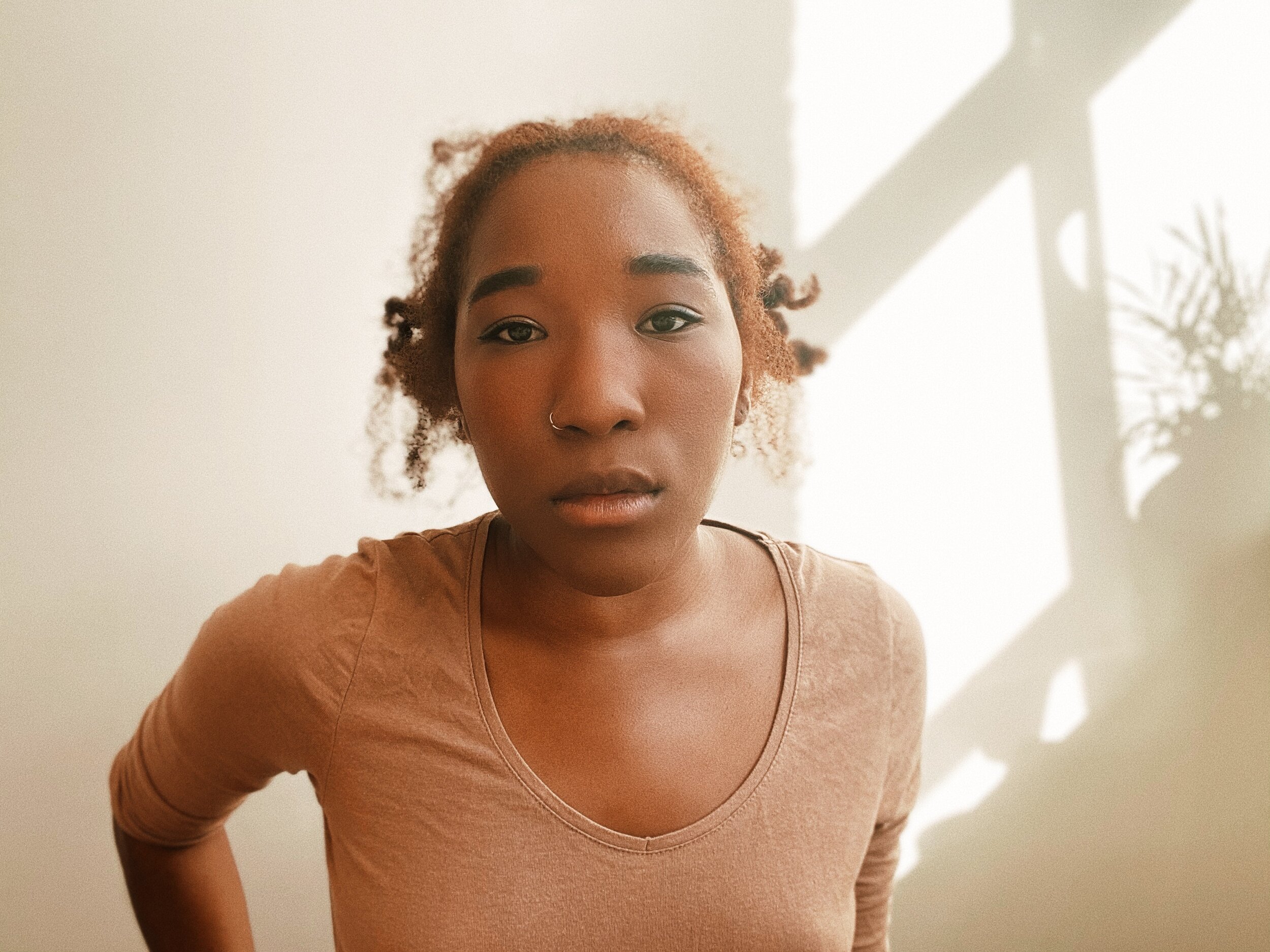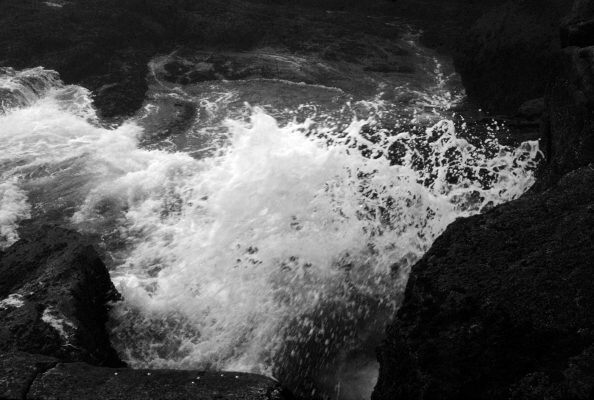LONG READ 2
March 2021
The White Review Poet’s Prize Winner 2020/21: Kandace Siobhan Walker
Kandace Siobhan Walker
When did you start writing poetry, and what made you begin?
I started writing poetry as a teenager. I wanted to be a musician, and I started out by writing lyrics in the style of my favourite pop punk bands and reading writers that they mentioned in interviews. But at school poetry was so boring, the poems we were taught and the way we were trained to analyse them seemed so far removed from reality. I didn’t really know anything about contemporary poetry and the craft of poem-making until I went to university.
The judges of the White Review Poet’s Prize praised the ‘restless energy’ in your poems, and I felt there was an almost musical, jazz-like undercurrent in many of them. How intentional is that, and what inspires it?
I feel like there’s a misconception about jazz that it’s always improvised on the spot, like they walk in the studio and just play. But what that requires is a lot of rehearsal, becoming familiar with different concepts, so that you can play with ideas and come out with something that feels simultaneously obvious and startling. It’s the same with poetry – you have to know the rules to play. When I’m writing I riff on sounds and rhymes and phrases until I surprise myself. My favourite poems are the ones that make me double-take, like a funny anecdote at a party, so I guess it’s intentional, I do like my poems to have that quality. A bit chaotic, a bit comedic, like a conspiracy theorist gesticulating wildly at their map of red string.
They also described your approach to poem-making as being ‘as improvisationally deft as it is technically assured’. How important is it to you that your poems contain a feeling of improvisation?
It’s funny, and flattering, to hear my work described as improvisational, because I spend so many hours moving commas around that when I arrive at a final draft it feels very measured to me. I do like aha! moments in my poems, in the language I use. Every word has its natural or logical associations, and I have fun subverting expectations of what idea or image will come next. It’s testing the limits of my own imagination, like can I make this make sense?
“My favourite poems are the ones that make me double-take, like a funny anecdote at a party”
What draws you to poetry as an art form?
With poetry, I can be clear and inconclusive at the same time. It’s more gestures than arguments. I can feel my way around a thought without feeling like I need to come up with an answer. It makes some ideas that are easier to explore.
I know that you write short stories as well as poems. What do you view as the main differences between the two forms?
The way I write short stories, I feel like I am trying to prove a hypothesis. It’s an additive style: regardless of the story’s structure, there’s a linearity of events and ideas that is fairly essayistic. I feel like poetry moves in the opposite direction.
How or why do you choose to express something – a thought, a feeling, an idea - as a poem rather than a story, or vice versa?
It’s usually a process of elimination. I might try an idea as a short story, and in the process of trying to plot it or write it out, I’ll find myself getting frustrated and try it as a poem or an essay. It’s easier for me to tell when a poem needs to be a short story, because the narrative voice just won’t let go.
Image c/o The White Review
How does place inspire how and what you write?
Place is in everything. The feeling of being in a specific place, the sounds and emotions and the way the air smells, the people you encounter walking down the street. I’m interested in how the world makes us and is made by us, and it’s hard to write about that without understanding geography – people and their environments. The better I understand the social rules and relations that define the place I’m in, the easier it is for me to write.
How has the lockdown affected your process and work?
During the first lockdown I was furloughed and living the writer in the woods life, so it was really generative for me. I’m autistic so not having to mask everyday at work meant I had a lot more energy to do anything else. But winter lockdown was not fun! I had to be more intentional about routine and basic self-care, which is so boring but I’ve found the best way for me to be able to write is to get a good night’s sleep, so now I have a bedtime.
What space do you think there is for poetry today?
I think there’s a necessary space for poetry as a tool in the global movement for liberation, and for me the most important contemporary work is that which reaffirms the necessity of our collective liberation. And I feel a deep gratitude to the people who continue to push at the boundaries of the form and the industry to make space for and within poetry.
What tips would you give to aspiring poets?
Read loads. Do some covers. And take your work seriously, or you won’t have any fun.
Read ‘Prism’ from Walker’s winning portfolio here.
Walker receives a prize of £2,500, and her portfolio will be published in a forthcoming issue of THE WHITE REVIEW. This year, the prize was run in partnership with CHEERIO Publishing, a partnership that will run for a minimum of three years.
Image c/o The White Review




